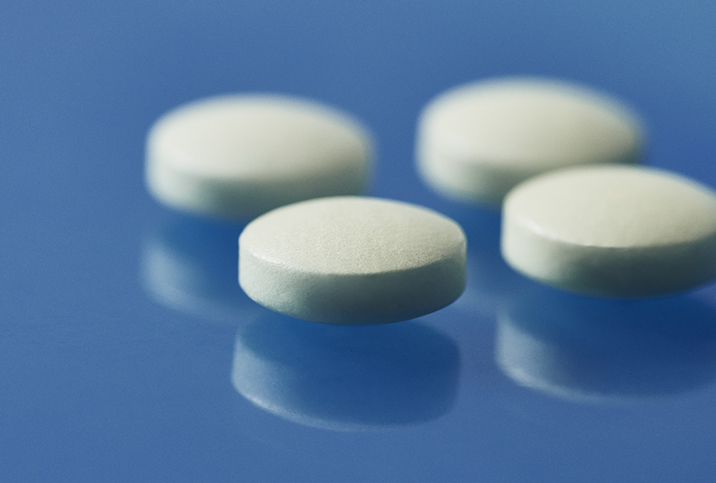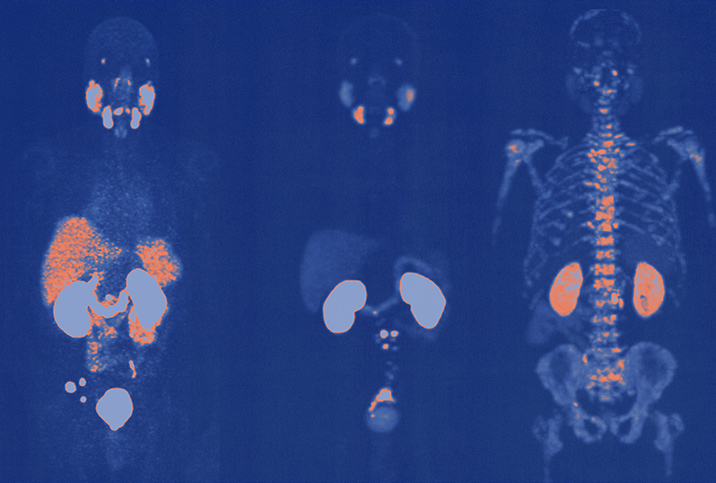Long-Term Aspirin Use Could Conceal Prostate Cancer

Patients who take regular aspirin may have lower levels of prostate-specific antigens (PSAs), the blood proteins used to detect prostate cancer.
That's according to an Italian study published in October 2022 in the journal Research and Reports in Urology.
Prostate cancer, the second-most common cancer affecting American males, forms in the walnut-shaped gland that sits below the bladder and in front of the rectum.
While a lower PSA is usually desirable, these findings raise some concerns stemming from the fact that long-term aspirin use may make it more difficult to detect prostate cancer early by misleadingly reducing PSA levels, according to study author Guglielmo Mantica, M.D., a urologist at Ospedale Policlinico San Martino in Italy.
A PSA exam is a blood test used to screen for prostate cancer. Higher PSA levels can sometimes indicate a greater chance of the presence of the disease, though not always. Most people without prostate cancer have PSA levels of less than 4 nanograms per milliliter (ng/mL). People with a PSA higher than 10 ng/mL have a more than 50 percent chance of having prostate cancer. People with a PSA level between 4 and 10 (often called the "borderline level") have about a 25 percent chance of having the disease.
Years of chronic aspirin use could potentially suppress PSA results below the level of clinical suspicion, Mantica said, adding that aspirin decreases inflammation, which is one of the causes of heightened PSA levels.
The research
Mantica and a team of researchers pulled data from prostate biopsies from the past 10 years to conduct their study. Of the 1,059 patients, 256 (24 percent) took aspirin, while 803 (76 percent) did not.
After controlling for factors such as age, smoking history and prostate volume, the researchers found aspirin was associated with lower PSA levels. But, critically, in patients who used aspirin, a higher number of aggressive cancer cells were found at biopsy.
"This is probably due to the fact that the reduction in PSA created by the chronic use of aspirin leads to fewer biopsies in patients with indolent prostate cancer," Mantica said.
In other words, patients with less aggressive, slow-growing cancer might see their PSA levels reduced even further by aspirin use, and are therefore less likely to be referred to a prostate biopsy for diagnosis.
The takeaway
Mantica said further research is needed to determine if aspirin impacts cancer risk in a negative way or if it simply affects the ability to detect cancer using PSA.
Until more research is done, though, Mantica has advice for everyone.
"[Men should] declare the use of aspirin when visiting a urologist, since this info might be important in their evaluation regarding PSA value," he said.


















